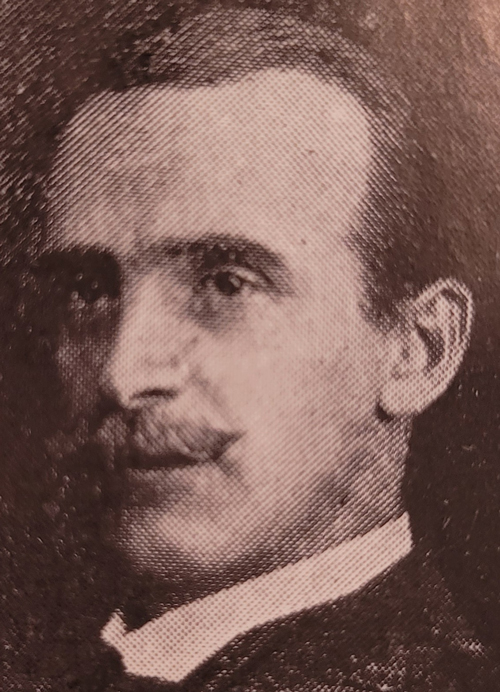No end to Dublin Fire Brigade strike as workers challenge Corporation cut to wages
Dublin, 8 May 1923 -The Minister for Industry and Commerce will be asked to intervene to bring an end to the Dublin Fire Brigade strike after a four-hour meeting of Dublin Corporation failed to find a route out of the dispute. The Dublin firemen, meanwhile, last night agreed that they would not resume work until the matter had been considered by the Minister.
Since the beginning of strike action on May 5th, there has mercifully been no outbreak of fire that has required the services of the Fire Brigade. Nevertheless, the seriousness with which the Corporation has treated the strike action underscores the vulnerability of the city and its citizens to a serious incident. As Alderman Alfie Byrne told a meeting of the Corporation, the city should not be left without protection much longer and it was the duty of the Corporation to make a proposal to bring about a peaceful settlement of the dispute, which has as its source the firemen’s refusal to accept a reduction in wages.
Las Fallon, 'Guns and Hoses': Role of Dublin Fire Brigade in Irish Revolution
The strike occurred at noon on the 3rd of May 1923 with forty-hours notice given in advance. A series of proposed cuts to wages will see Dublin firemen, 48 in number, take home 9s less in pay by December than they currently do.
The firemen complained that they had not been invited to a meeting of trade union representatives and the Finance Committee of the Corporation at which it was agreed to cut the wages of Corporation employees and that the Finance Committee had unilaterally taken the decision to include them in that agreement. The firemen added that they are in a different position to other Corporation employees and that their wages and conditions compare unfavourably with those of firemen in several English towns where the cost of living is below that of Dublin.
In the course of the debate at Dublin Corporation, Mr. Gately said that he at least accepted that firemen should not be put in the same category as other Corporation workers, adding that citizens would have short memories if they forgot about the services rendered by the Dublin Fire Brigade in 1916 and again in 1922.
Acknowledging a notification of the strike from the Finance Committee of Dublin Corporation, the Ministry of Home Affairs has noted that the Government retained a ‘primary responsibility for the protection of property and lives against fire when the ordinary protective machinery breaks down’and as such the Government would, if necessary, make use of the various fire appliances owned by the Municipal Council in the discharge of this duty.
[Editor's note: This is an article from Century Ireland, a fortnightly online newspaper, written from the perspective of a journalist 100 years ago, based on news reports of the time.]





















